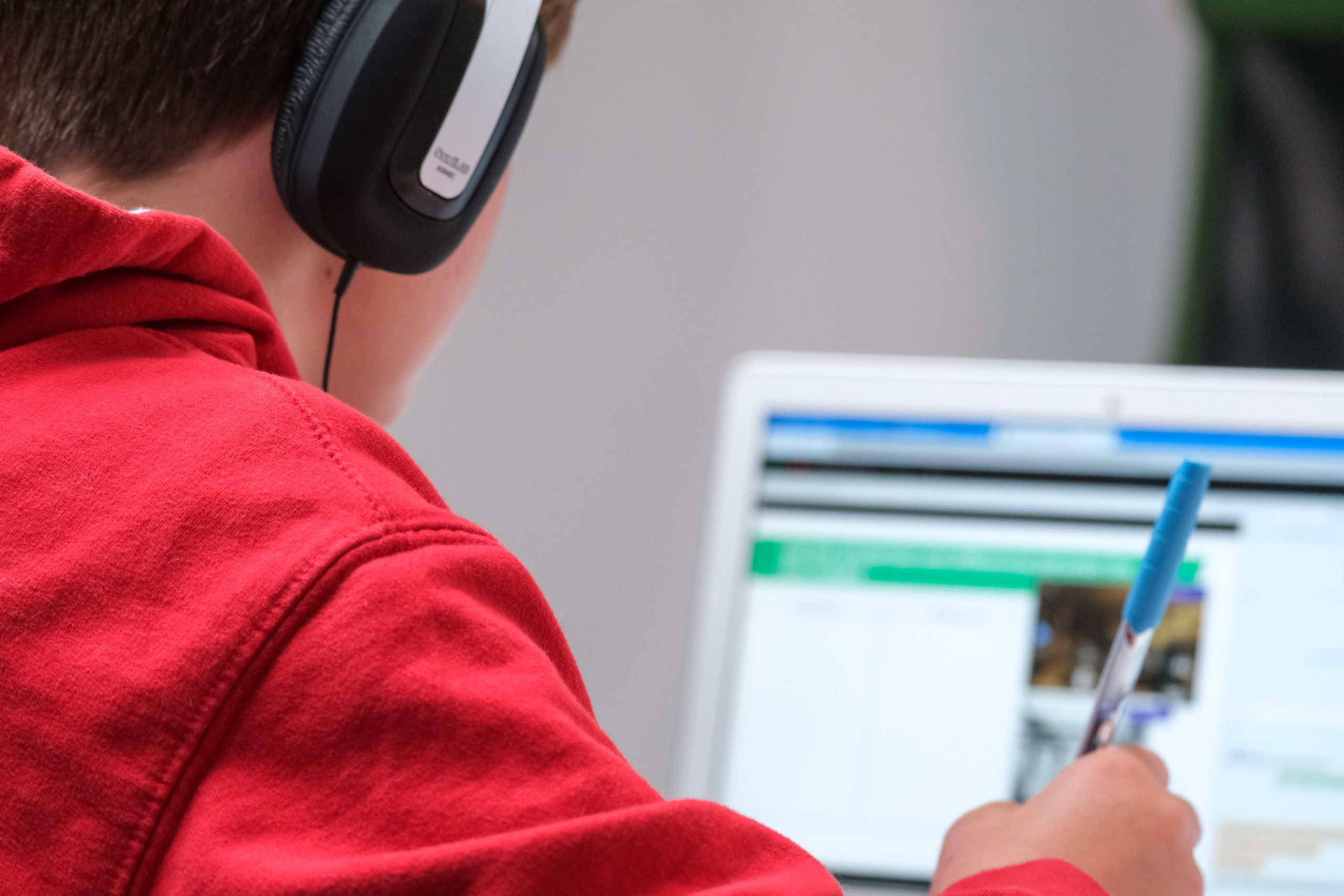*Please note that this is an opinion piece, the views and opinions expressed here are those of the author and do not necessarily reflect the position of Murdoch Guild.
In an ever-developing world, the dependency on and use of digital technologies have become so prevalent that it is almost impossible to imagine life without it. Television and radios broadcast our sports and news, computers keep our schedules intact and allow us to collect information from the largest library in the world – the internet. On top of that, our telephones keep us in contact with our friends and families, and recently gaming consoles have been released to keep friends even closer together.
In ways, traditional forms of communication and work have transitioned from a physical to digital essence, with emphasis on the ability to bridge the gap between companies and people. However, some traditional methods of things that can be easily digitalised have not been, mainly learning and education. Despite all technological advancements that we have made, education is still a physical and face-to-face dominated area, but for what? Barring physical education in primary and secondary schooling, the basis of education can be easily transitioned into a digital form, and I’m here to argue that it should be.
In 2019 I began studying at university, pursuing a double degree in Psychology and Criminology, and I made it about halfway through my first semester before COVID-19 hit the world as hard as my dad after his 6th beer (this was a joke, my dad never beat me, and this was purely added for comedic effect). At this point, as I’m sure everyone who was in education at the time remembers, we were unsure how long it would be before we returned, and as we waited longer than we originally anticipated, many universities began to transition to online learning to combat the COVID-19 lockdowns. Instead, we began to have online recorded lectures that could be watched from home, in the comfort of your own bed or office, without having to get up an hour before class and without having to get dressed up and drive however far to the university campus. We also began have our tutorial classes digitalised, in a zoom call where everyone could show their faces and speak their voices to the class, yet again from home. Quizzes and tests were transitioned to digital format and essay and assignment submissions were digital, meaning that all forms of grading students were easily translated to a digital format with the same result as when it was physical.
Skip ahead to the relaxation of lockdown laws and universities began transitioning back to physical classes, with tutorials, lectures and assignments mainly going back to how it was pre-COVID but for no good reason. For myself, and undoubtedly a large percentage of students, online learning was the best experience I have had with learning in my life.
Throughout all primary and secondary school, I was never keen for class to start, and never woke up thinking about how I was about to have a great day at school. The only things I looked forward to were sport classes, and then recess and lunch where I could catch up with my friends and kick a ball around. In university however, every time I had to go in seemed like a chore, there was nothing like that recess and lunch kick around that I looked forward to. As a result, I think I would often skip classes if I could.
It was such a chore to get up and drive thirty minutes, find parking and get to class for a one hour lecture in which I don’t know any people, where I could do the same thing from home in bed in around an hour, whereas the on campus experience for me would turn a one hour lecture into a two and a half hour journey.
Once going online however, the case for online learning was sold to me, I could do everything I could already do on campus in less than half the time, allowing me to balance my social life so much better, giving me more free time to see friends, play sports, see my family and also get a few extra hours sleep every day, overall improving my health and so the idea of sending students back to campus for unnecessary on-campus classes and lectures seems obscene. Even from an environmental standpoint, online classes would save thousands of cars driving to and from each university every day, which saves a huge amount of carbon emissions, positive for the environment, and saves fuel, positive for my wallet.
An extra factor about online lectures in particular was the ability to be able to pace yourself, say you had a two hour lecture to watch, during on campus lectures you had to sit still and quiet for two hours straight, whereas online with pre-recorded lectures you could watch however long you want, then you could pause, make yourself a coffee or some lunch, go for a walk, do whatever you want to do before returning and picking up where you left off. Similarly, if you’re a huge note taker you can pause the lectures whenever you want to have more time to take notes or speed up the lecture if you’re in a rush but still need to watch it.
In sum, online learning is far better than physical learning and to be honest, I can’t even begin to think about trying to make a case for physical learning because online truly is much better and it isn’t even close. Understandably, some unique cases require and suit on-campus learning better, such as medicinal practices or physical education, but a vast majority can be transitioned into online learning, which as aforementioned has so many pros and no real cons. The digital technology that we have access to is incredible, and it exists to make our lives better and easier, so why not take advantage of that.



